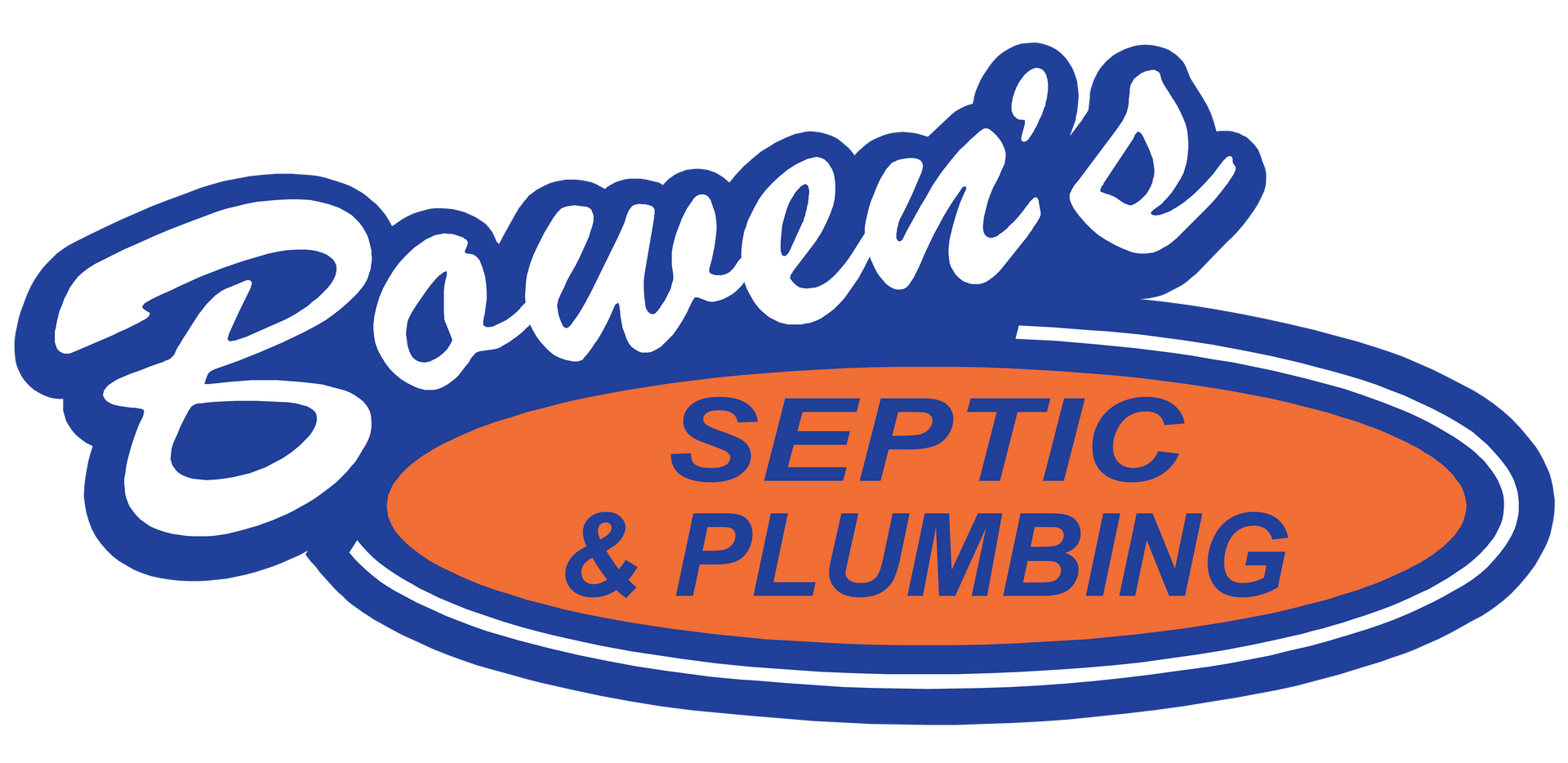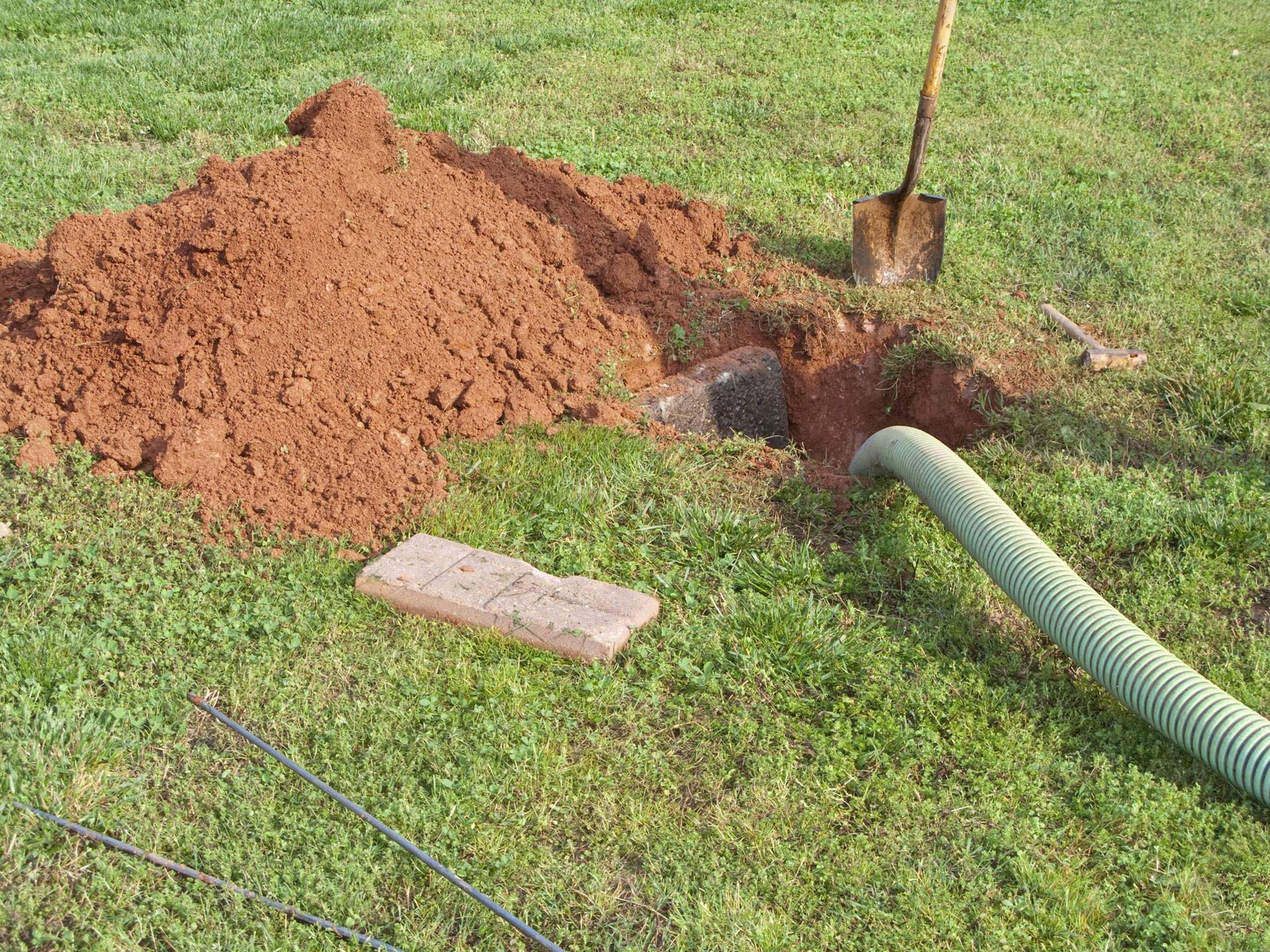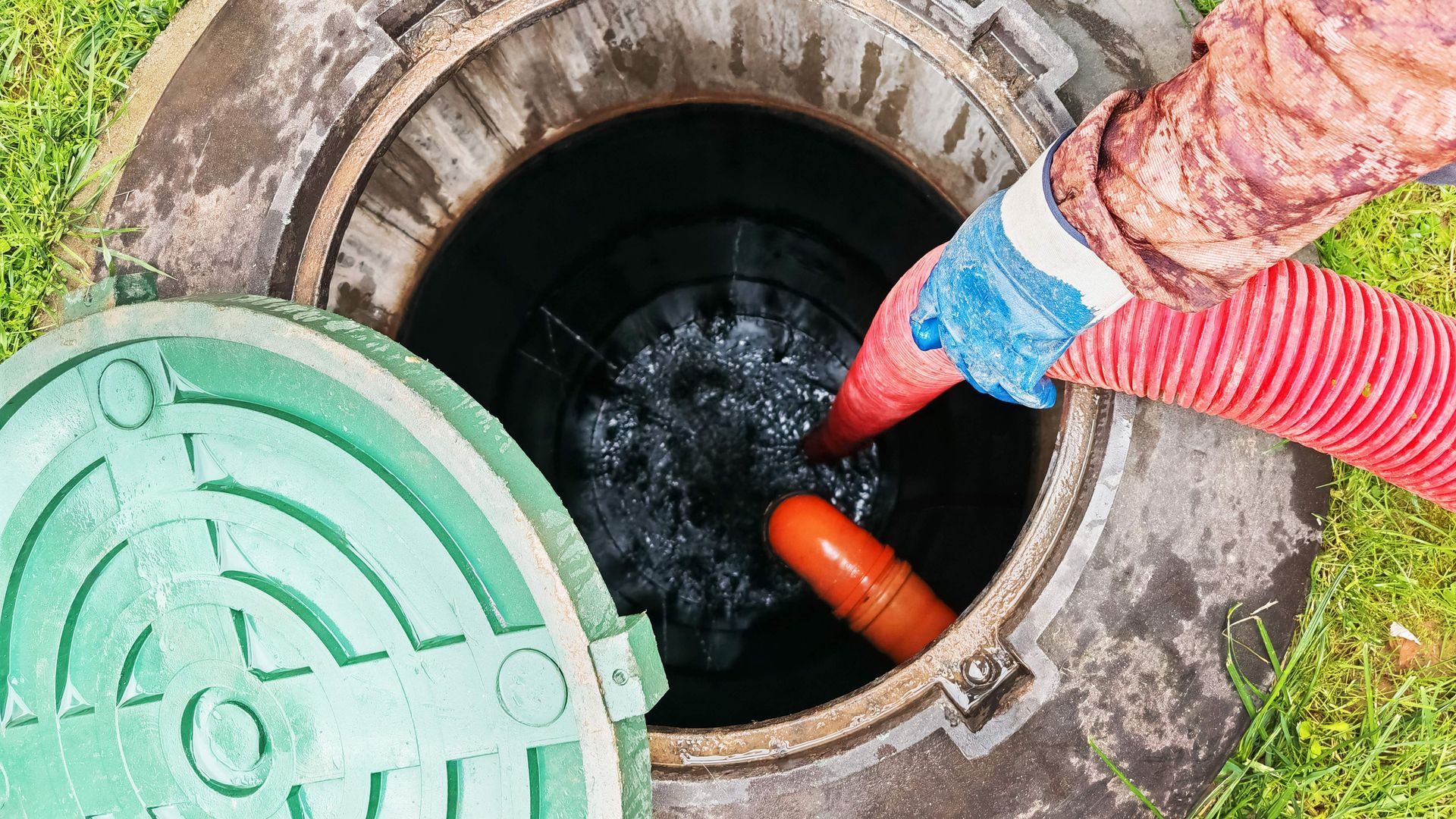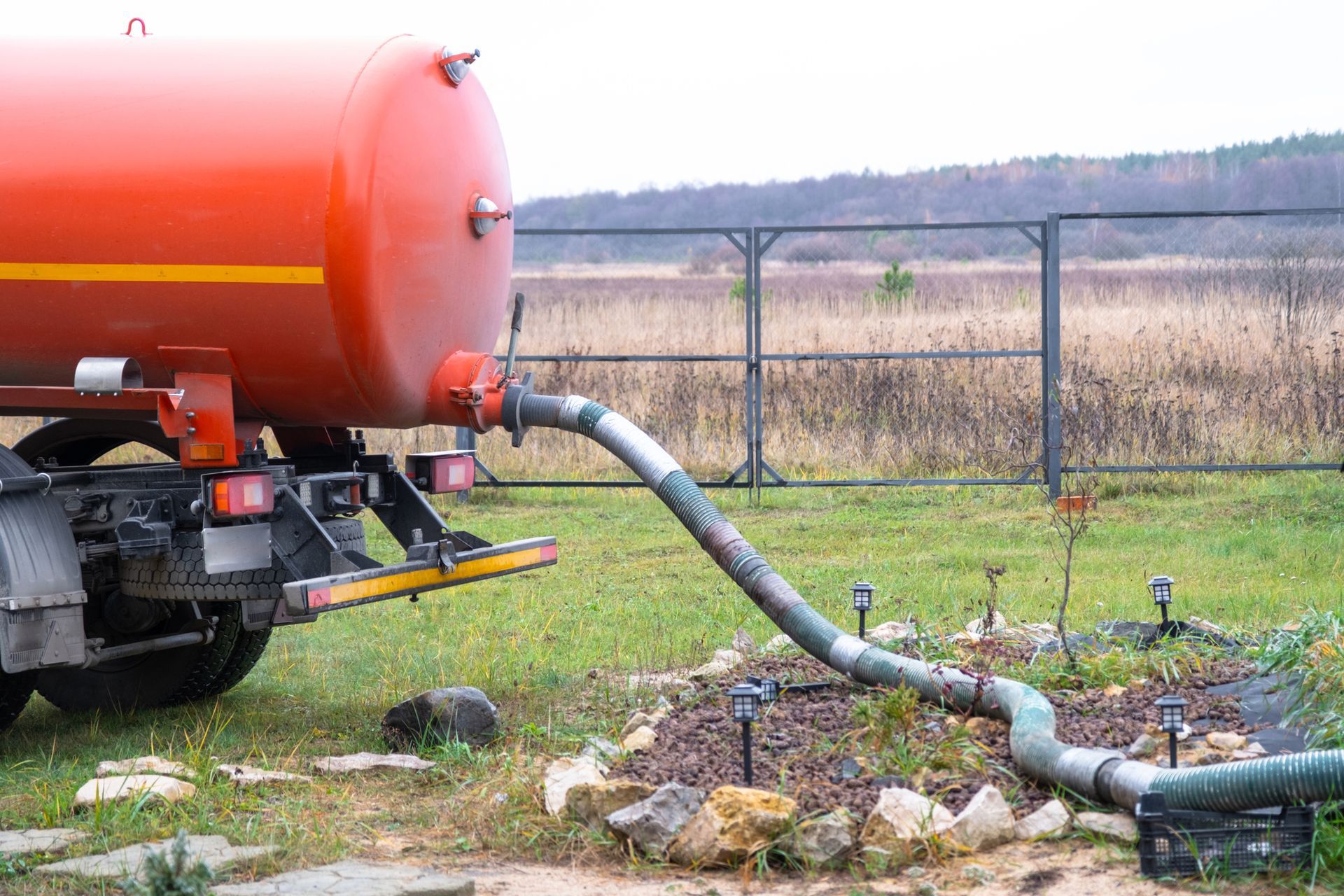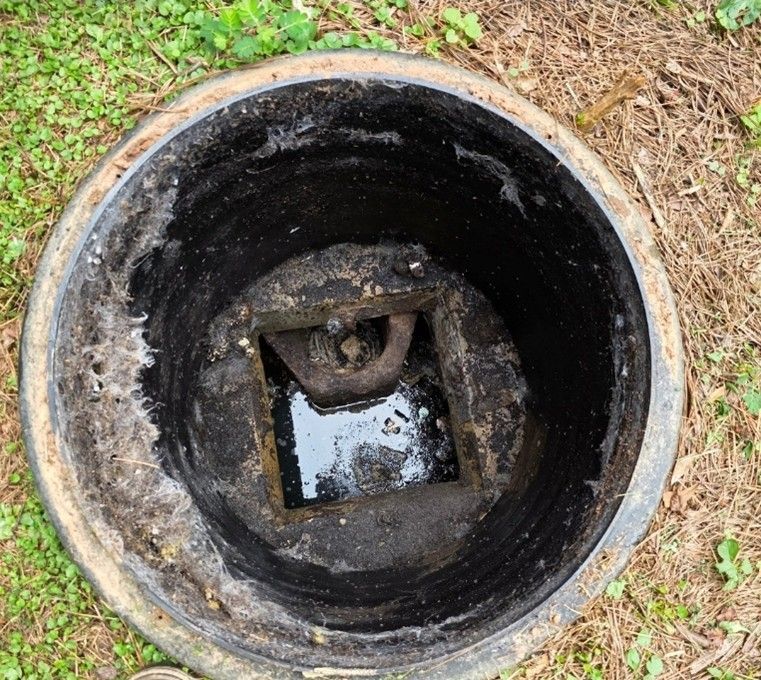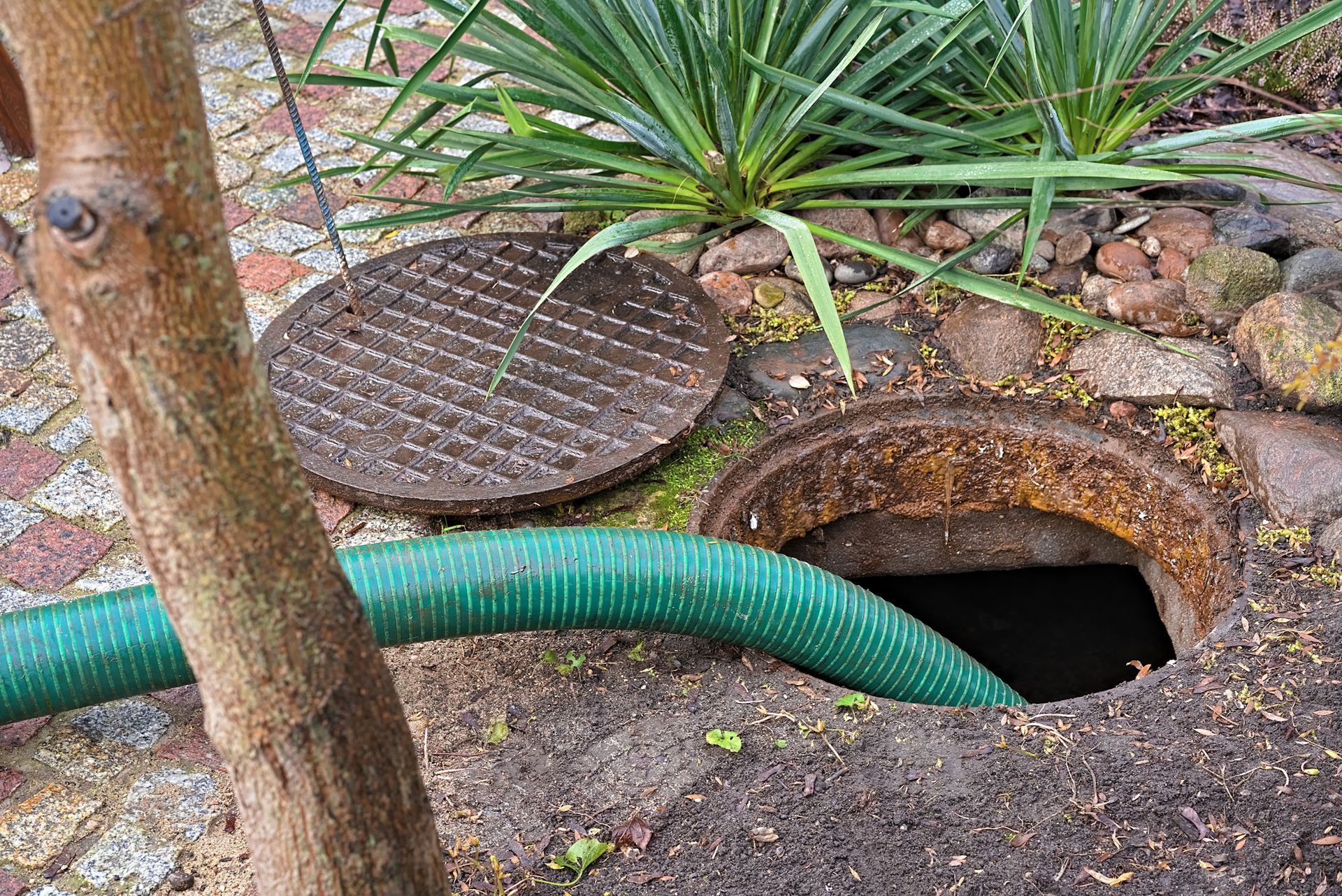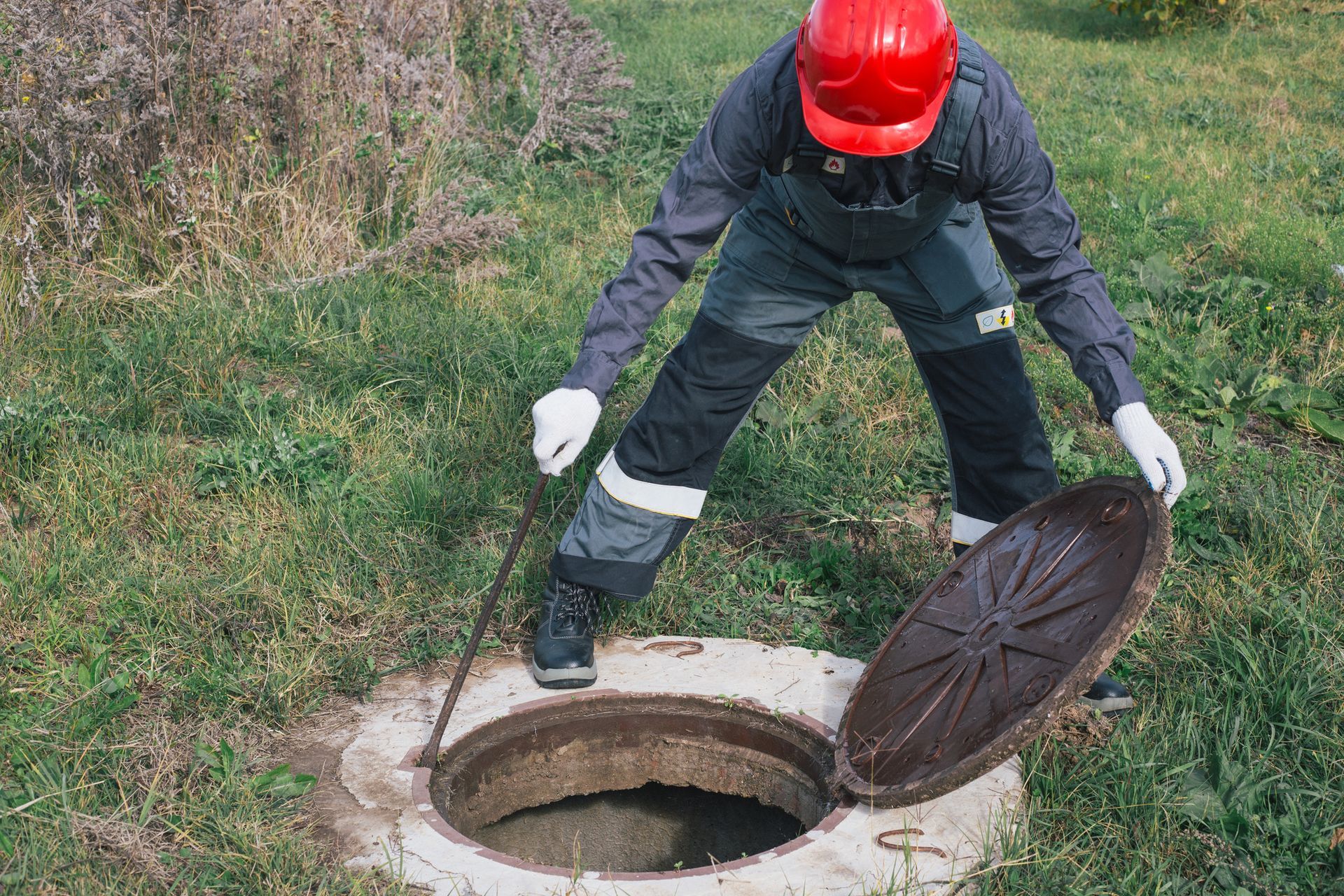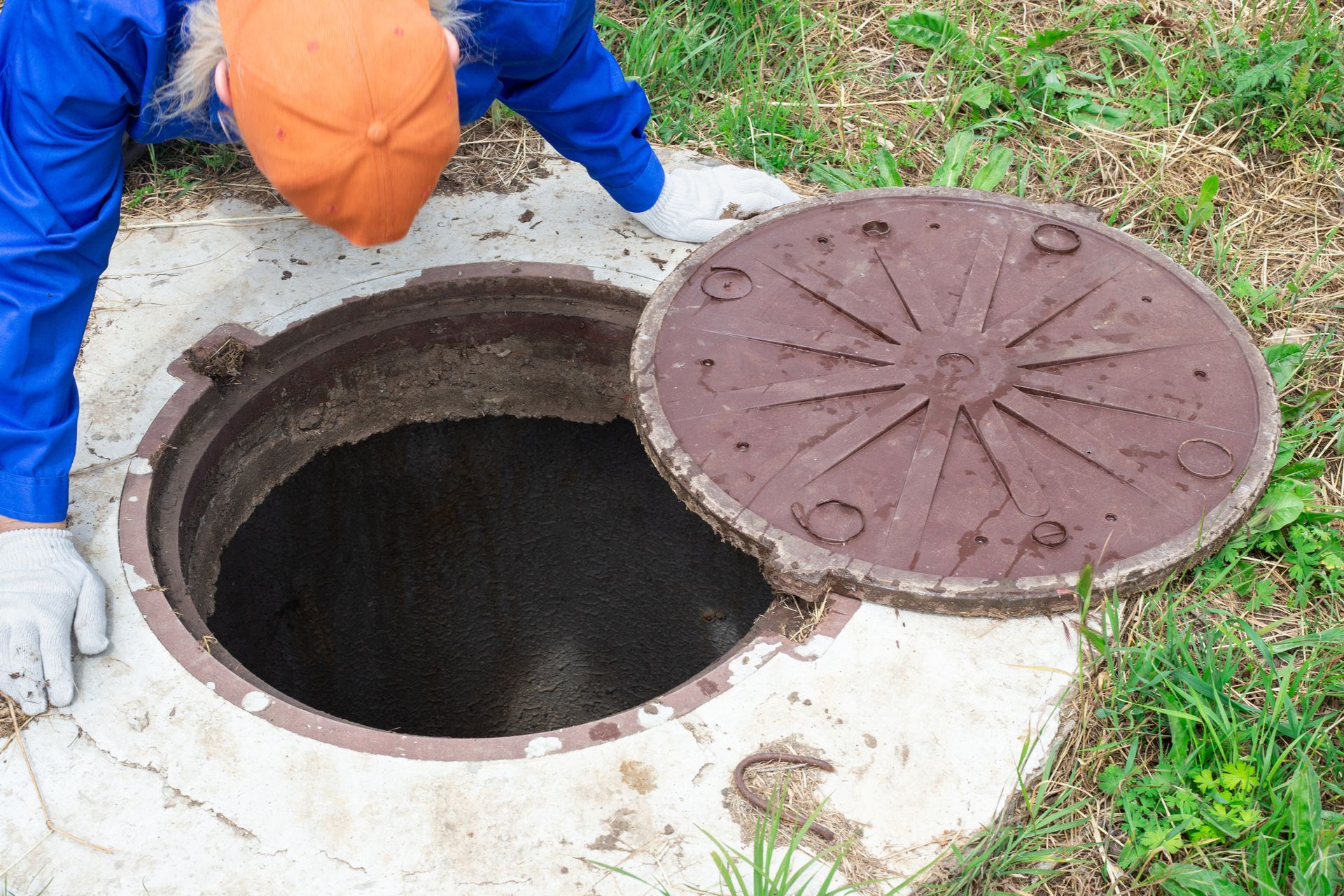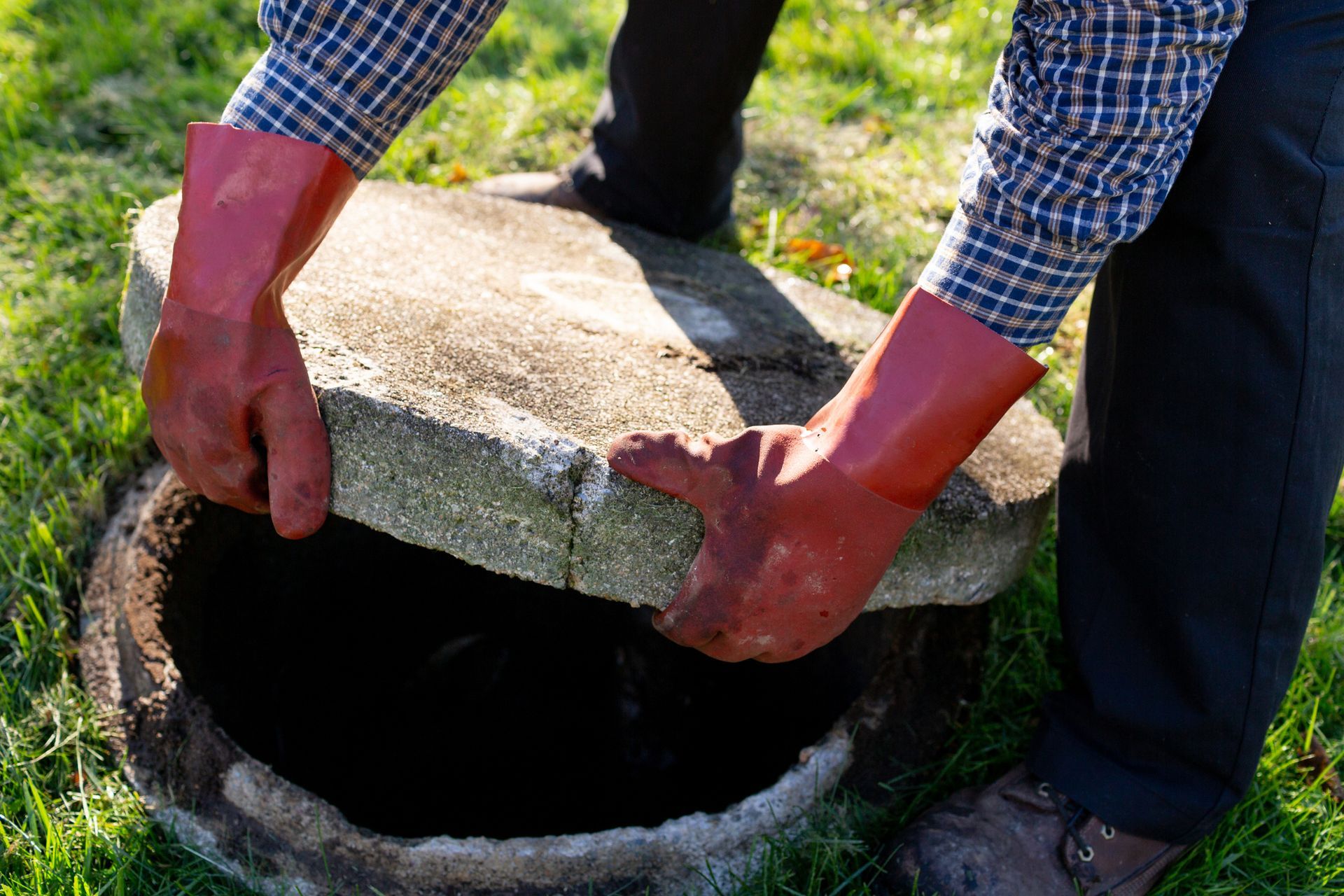How Does Laundry Affect Your Septic Tank?
A functional septic tank is paramount for a safe and healthy home. This component ensures proper wastewater management, so if the septic tank fails, the plumbing system is likely to fail.
Although the septic tank is out of sight and out of mind, property owners should be mindful of how their day-to-day activities may affect this system. Among the daily habits that can impact the septic tank is doing laundry. Discover how the suds, water, and detergent used in the wash can influence the septic tank and what to do to protect your septic system.
Your choice of washing soap can harm or save your septic tank. For example, powdered soap may release fillers that accumulate in the tank, blocking its filters and chambers. Over time, the blockage can lead to wastewater backup, slow drainage, overflowing toilets, and awful odor in your home.
On the other hand, liquid soaps are less likely to cause blockages in your septic system, as they contain fewer fillers than powdered forms of detergent. But you must be careful with the amount of liquid soap used in each wash. While using too much detergent may seem like it's cleaning better, the chemicals in the detergent may harm the good bacteria in the tank, leading to a less efficient system. Be judicious about how much detergent you use.
The septic system is designed to provide a natural way of treating wastewater; it relies on bacteria to break down solids and liquids that enter the tank. You must be careful not to upset the balance of bacteria in the tank.
Bleach and other harsh chemicals used in laundry detergents can kill good bacteria. As a result, the septic tank will become more prone to clogs and will fail faster. Only use the minimum amount of bleach necessary to whiten your clothes.
Be mindful of the size of your washing loads. Although it may seem like doing all your loads in one day can save time, too much laundry in one day can overload the septic tank.
As such, if you have a large family and need to do multiple washes, avoid running them all on the same day — spread the loads out during the week. The reason is that when you overuse the washing machine, the appliance releases too much wastewater into the septic tank in a short period, which may lead to a backup.
The efficiency of your washing machine is a significant factor in how it affects your septic tank. The older and less efficient the washing machine, the more water the appliance will use during each wash.
Therefore, if you have had your washing machine for many years, consider replacing it. The new model will likely use a fraction of the water compared to your current one, thus reducing the workload on your septic tank and saving you money in the long run.
Also, consider a lint trap for your washing machine. This small filter helps prevent lint, hair, and debris from entering the septic system. But note that over time, lint traps may become clogged. So, you should clean and replace the trap regularly to ensure optimal septic system performance.
No matter what precautions you take concerning laundry, regular maintenance of the septic tank is necessary for the proper functioning of your wastewater management system. Let a septic professional inspect your system regularly to identify any problems that may arise and ensure its efficiency. The specialist will also advise you on the best way to protect your septic and maximize the system's lifespan.
You can trust us at Bowen's Septic Tank Service to provide the highest quality maintenance services and advice on how to care for your septic tank. We will keep your system in top condition, so you don't have to worry about laundry or any other activity affecting your system. Contact us for a consultation.
Although the septic tank is out of sight and out of mind, property owners should be mindful of how their day-to-day activities may affect this system. Among the daily habits that can impact the septic tank is doing laundry. Discover how the suds, water, and detergent used in the wash can influence the septic tank and what to do to protect your septic system.
Soap
Your choice of washing soap can harm or save your septic tank. For example, powdered soap may release fillers that accumulate in the tank, blocking its filters and chambers. Over time, the blockage can lead to wastewater backup, slow drainage, overflowing toilets, and awful odor in your home.
On the other hand, liquid soaps are less likely to cause blockages in your septic system, as they contain fewer fillers than powdered forms of detergent. But you must be careful with the amount of liquid soap used in each wash. While using too much detergent may seem like it's cleaning better, the chemicals in the detergent may harm the good bacteria in the tank, leading to a less efficient system. Be judicious about how much detergent you use.
Bleach
The septic system is designed to provide a natural way of treating wastewater; it relies on bacteria to break down solids and liquids that enter the tank. You must be careful not to upset the balance of bacteria in the tank.
Bleach and other harsh chemicals used in laundry detergents can kill good bacteria. As a result, the septic tank will become more prone to clogs and will fail faster. Only use the minimum amount of bleach necessary to whiten your clothes.
Load Size
Be mindful of the size of your washing loads. Although it may seem like doing all your loads in one day can save time, too much laundry in one day can overload the septic tank.
As such, if you have a large family and need to do multiple washes, avoid running them all on the same day — spread the loads out during the week. The reason is that when you overuse the washing machine, the appliance releases too much wastewater into the septic tank in a short period, which may lead to a backup.
Machine Efficiency
The efficiency of your washing machine is a significant factor in how it affects your septic tank. The older and less efficient the washing machine, the more water the appliance will use during each wash.
Therefore, if you have had your washing machine for many years, consider replacing it. The new model will likely use a fraction of the water compared to your current one, thus reducing the workload on your septic tank and saving you money in the long run.
Also, consider a lint trap for your washing machine. This small filter helps prevent lint, hair, and debris from entering the septic system. But note that over time, lint traps may become clogged. So, you should clean and replace the trap regularly to ensure optimal septic system performance.
Maintenance
No matter what precautions you take concerning laundry, regular maintenance of the septic tank is necessary for the proper functioning of your wastewater management system. Let a septic professional inspect your system regularly to identify any problems that may arise and ensure its efficiency. The specialist will also advise you on the best way to protect your septic and maximize the system's lifespan.
You can trust us at Bowen's Septic Tank Service to provide the highest quality maintenance services and advice on how to care for your septic tank. We will keep your system in top condition, so you don't have to worry about laundry or any other activity affecting your system. Contact us for a consultation.
